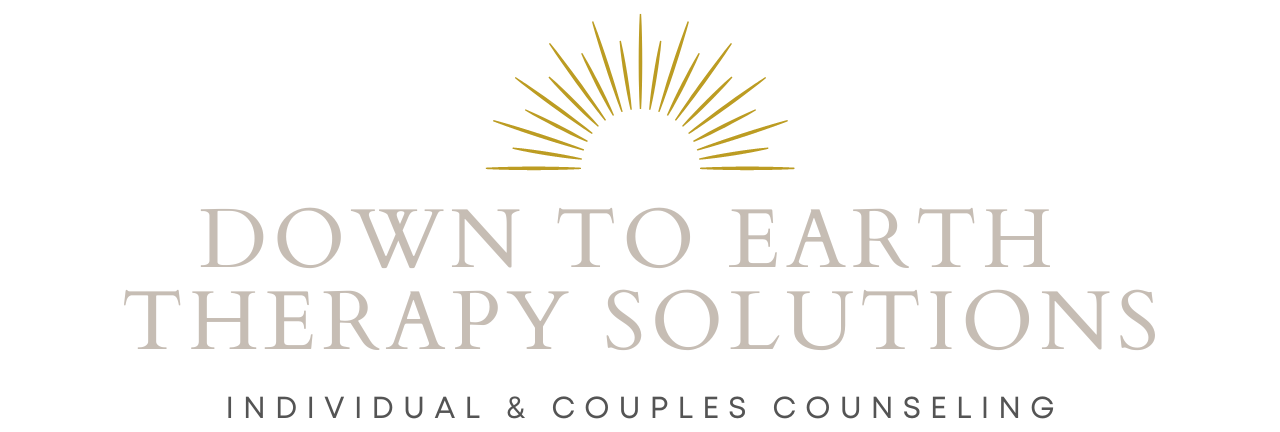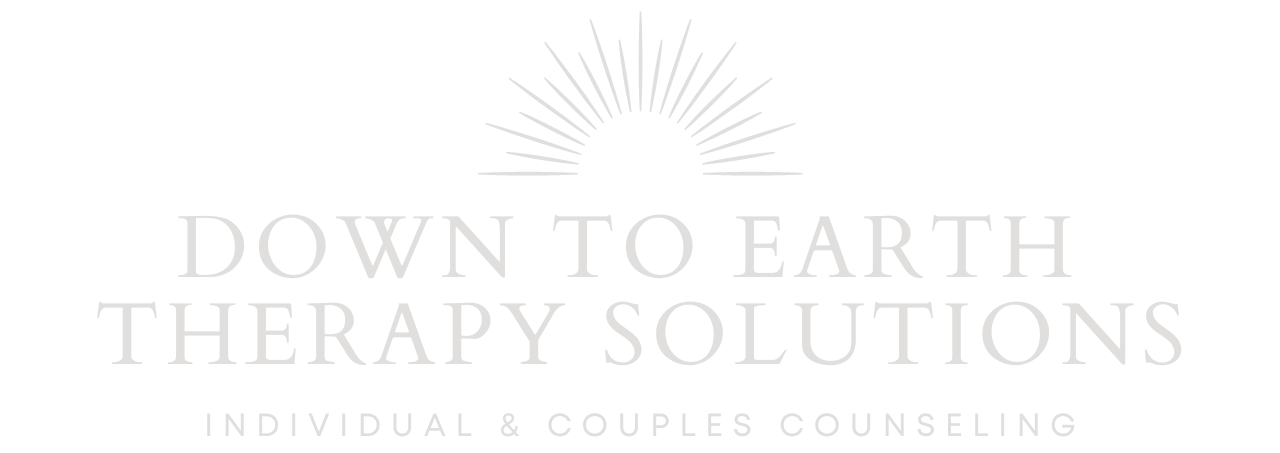Whenever we move into a new chapter of life, it’s a good time to reassess the relationships that we have and the way that we interact and communicate with the world around us. One of the biggest power moves we have as individuals is learning, defining, creating, and enforcing healthy boundaries for ourselves. This shift is about moving away from people-pleasing tendencies, prioritizing our own well-being, and fostering more authentic, respectful interactions is the beginning of starting the most bad ass version of yourself there can be.
In this blog, we’ll explore why boundaries are essential, how to stop prioritizing others’ needs over your own, and how to create new, healthier dynamics in your relationships.
The Power of Boundaries
Boundaries are the invisible lines we draw to protect our emotional, mental, and physical well-being. They help us define where we begin, and others end. When we set clear boundaries, we teach others how to treat us, and we show ourselves that we are worthy of respect, care, and consideration. Boundaries are not about shutting others out or being selfish; they’re about maintaining a sense of self while engaging with others in a healthy, sustainable way.
Why Boundaries Matter
- Preserving Your Energy: Without boundaries, we risk exhausting ourselves by saying yes to things we don’t really want to do or giving more than we’re able to give. Setting limits ensures that we have the energy and space for the things that truly matter to us, not other people.
- Improving Communication: Clear boundaries facilitate honest conversations. They help us express our needs and preferences without fear of overstepping or disappointing others and truly feeling heard because we’re saying clearly and specifically what we mean.
- Building Respect: Boundaries communicate that we value ourselves and our time. They teach others to value and respect our limits, which strengthens relationships in the long run.
Saying Goodbye to People-Pleasing
People-pleasing is the act of putting others’ needs, desires, and expectations above our own in an attempt to gain approval, avoid conflict, or seek validation. While it’s natural to want to be liked or to help others, constant people-pleasing can drain our emotional resources and lead to resentment, burnout, and even anxiety. We are people pleasing to others, not ourselves in these situations.
To break free from the cycle of people-pleasing, it’s important to:
- Recognize Your Own Needs: People-pleasers often forget to ask themselves what they need or want because they’re too focused on what others want. Start by acknowledging your feelings and desires, and give yourself permission to prioritize them. But it doesn’t stop there. Recognize your needs and be able to verbalize them as well to others.
- Learn to Say No: Saying no is a powerful tool for maintaining your boundaries. It’s a skill that can be practiced and refined. Saying no doesn’t make you a bad person—it simply means you’re taking care of your own needs first. And remember, no is a complete sentence. You don’t have to explain yourself for why you are declining something. People pleasing tendencies have us believing if we say no we must give context why not or explain ourselves. Setting boundaries helps remind us that nothing further is needed outside of a no as a response.
- Shift Your Mindset: Instead of seeking external validation, work on developing internal self-worth. You don’t need anyone’s approval to feel good about yourself. When you are confident in your own decisions and actions, you’ll be less likely to seek approval through people-pleasing. This takes time and practice to make a decision and give yourself the internal pep talk that what you’re doing is right, for you.
Creating New, Healthy Interactions
When we stop people-pleasing and start setting boundaries, we create space for more authentic, balanced interactions. Healthy relationships are based on mutual respect, trust, and open communication, not how happy we can make other people. Here are a few ways to foster these kinds of interactions:
1. Communicate Clearly and Honestly
Healthy relationships thrive on clear communication. Don’t be afraid to express your feelings, needs, and boundaries. You don’t need to be confrontational, but be direct and firm. If something doesn’t sit well with you, speak up in a respectful way. Own your feelings in these moments. Rather than saying someone else “made” you feel a certain way, own that you are feeling hurt in this interaction. No one needs to do anything about what you are feeling but clearly communicating this helps set boundaries and lets you clearly express what you’re experiencing.
For example, instead of avoiding difficult conversations, you might say, “Our friendship is important to me and there’s something that I really want to talk to you about. I think it’s valuable to let you know how I’m feeling in this interaction and address something that isn’t sitting right with me…..”
2. Respect Others’ Boundaries
Creating healthy boundaries is not just about defining your own limits—it’s also about respecting the boundaries of others. Be mindful of other people’s needs and boundaries. For instance, if someone asks for space or time alone, respect their wishes. This mutual respect creates an environment of trust and understanding.
3. Be Mindful of Energy Drains
Notice which relationships and interactions leave you feeling drained and which ones leave you feeling energized. Healthy interactions should nourish both parties. If a relationship feels toxic or one-sided, it might be time to reassess your involvement. It’s okay to distance yourself from people who do not support your well-being by not spending as much time with them as you once did.
4. Embrace Imperfection
No relationship is perfect, and that’s okay. Embrace the beauty of imperfection, both in yourself and in others. By letting go of unrealistic expectations and the need to control outcomes, you allow space for growth, vulnerability, and connection.
The Benefits of Healthy Boundaries
When we create and define healthy boundaries, we experience a range of positive outcomes:
- Increased Self-Respect: By valuing our own limits, we demonstrate to ourselves that we matter. This fosters a deeper sense of self-worth.
- Better Relationships: Relationships based on mutual respect, clear communication, and healthy boundaries are more fulfilling and less prone to conflict.
- Emotional Well-Being: Having boundaries allows us to protect our emotional health, reducing feelings of overwhelm and burnout.
- Personal Growth: Setting boundaries helps us grow by allowing us to prioritize our own needs, make space for new experiences, and step into new opportunities without feeling guilty.
Conclusion
As we step into the new, whether it’s a new year or a new phase in life, remember that creating healthy boundaries is an act of self-love and empowerment. It’s not about shutting others out, but about making space for yourself to thrive. By letting go of the need to please everyone and by prioritizing healthy, respectful interactions, we pave the way for more authentic and fulfilling relationships.
Embrace this new chapter by saying no to people-pleasing and yes to boundaries that honor your well-being. When you define your own limits, you’ll find that the relationships around you grow deeper, more meaningful, and more balanced. Here’s to bringing in the new—with healthy boundaries, authentic connections, and a renewed sense of self-respect.




